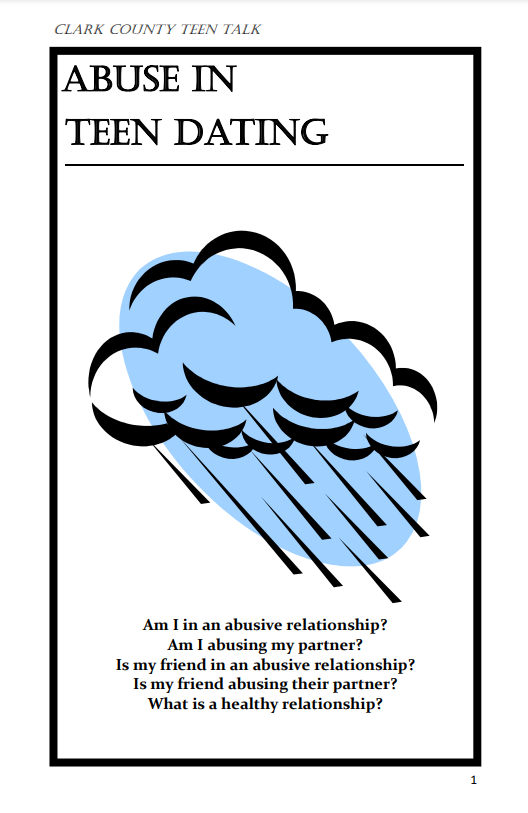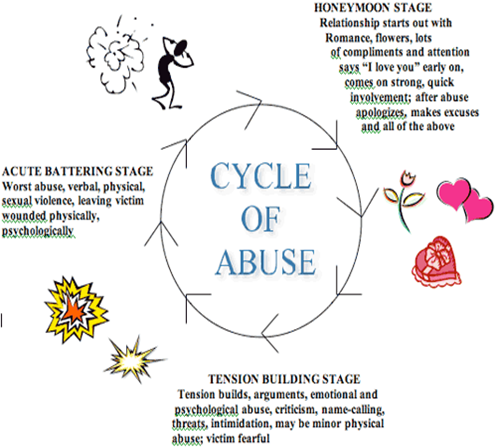|
What is this booklet about?
TeenTalk volunteers have created a few strategies you might find helpful during the hard times. Each volunteer at TeenTalk has their own unique story and their own personal experiences and struggles, which is what makes TeenTalk such a great resource. We are teens between the ages of 15 and 19, and we know what it’s like to face some of the same struggles. Some may have struggled with something similar to you. You are not alone and we at TeenTalk are here for you. What you will find in this "booklet" are coping strategies our TeenTalk volunteers found or have used to work through tough moments. Please note that we are teens/peers and not professionals. We have gathered ideas we think are helpful and not every suggestion will fit you and that is OK. Use and do what is right for you!
Content warning: This "booklet" is intended for support and to provide suggestions around coping with difficult situations. It includes references to dating violence. If this puts you at risk of experiencing trauma, flashbacks, or any other reaction you may have to emotionally stressful subjects, consider a safety plan. Do not read this "booklet" if the subject matter puts you at risk of being triggered, or make sure to read it when you feel you are in a good place mentally and emotionally. If you do read it and find yourself having a difficult time with emotions, memories, etc. or are feeling triggered by the "booklet," look toward a good friend, family member, counselor, or the Crisis Line (1.800.626.8137) to discuss it with or try finding a good outlet like a sport, book, art, or other favorite pastime. Remember to take care of yourself as well as others!
What is an abusive relationship?
There are many forms of abuse in a relationship. Knowing the types will make it easier to recognize an abusive relationship. The following is a list of different types of abuse:
Teens in abusive relationships (1)
Check out the film titled, “Causing Pain: Real Stories of Dating Abuse and Violence”, which can be found on YouTube. The film tells the stories of real teens who have experienced abuse in their relationship Teen abuse statistics
Quizzes and tests
There are online quizzes to help teens recognize abusive relationships. Is your relationship abusive? Check out the following websites to find online quizzes:
How can a teen in an abusive relationship help themselves? (9)
How would we recognize an abusive relationship from the outside? (2)
Does the person being abused…
My friend is the abuser . . . how can I help them? (1)
Staying safe whether you decide to stay together or end the relationship (1)
Staying together. You may not be ready or it may not be possible to leave your abusive relationship, but you can still increase your safety.
You deserve a healthy relationship! (10)
All information was obtained from:
Comments are closed.
|


 RSS Feed
RSS Feed